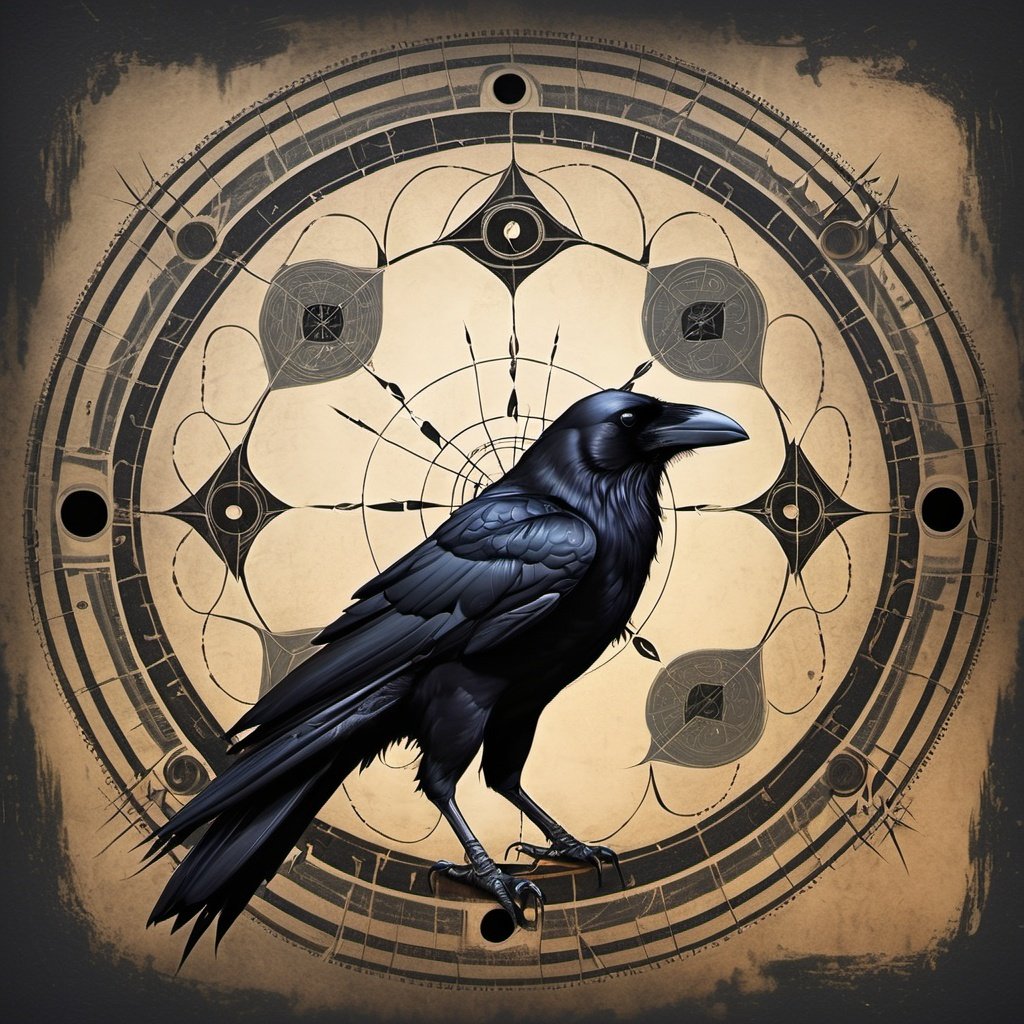Unlock the Secrets of Your Dreams: A Guide to Understanding Your Subconscious
November 1, 2024 | by farazjunejo07@gmail.com

Dreams have fascinated humanity for centuries, serving as a window into our subconscious mind. They can be vivid and perplexing, filled with symbols and emotions that often leave us questioning their meaning. If you’ve ever woken up puzzled by a dream or wondered why certain themes recur in your sleep, you’re not alone. In this guide, we’ll explore the secrets of your dreams and how you can unlock the messages hidden within them.
The Science Behind Dreams
Dreams occur during the REM (Rapid Eye Movement) stage of sleep, a time when our brain is highly active. While the exact purpose of dreaming is still debated among scientists, many believe that dreams play a critical role in memory consolidation, emotional regulation, and problem-solving. By processing our thoughts and experiences, our subconscious mind may reveal insights that our waking self might overlook.
Common Themes and Symbols
Many dreams share common themes and symbols, often reflecting universal human experiences. Here are a few typical dream motifs and their potential meanings:
- Falling: This may signify feelings of insecurity or a lack of control in your life. It can also reflect a fear of failure or the desire to let go of something.
- Being Chased: This often indicates that you are avoiding a situation or emotion that you need to confront. The pursuer may represent a fear, anxiety, or unresolved issue.
- Flying: Flying dreams can symbolize freedom and a desire to escape from constraints. They often evoke feelings of empowerment and elation.
- Teeth Falling Out: Many people report this unsettling dream, which can relate to feelings of vulnerability, self-image issues, or anxiety about aging and mortality.
- Exams or Tests: Dreams about being unprepared for a test often reflect feelings of inadequacy or anxiety about performance in your waking life.
Keeping a Dream Journal
One of the best ways to unlock the secrets of your dreams is to keep a dream journal. Upon waking, take a few minutes to write down your dreams, including any symbols, emotions, and key events. Over time, you may start to notice patterns or recurring themes that can provide deeper insights into your subconscious mind.
Techniques for Interpretation
To interpret your dreams, consider the following techniques:
- Reflect on Your Emotions: Pay attention to how you felt during the dream. Emotions can offer valuable clues about its meaning.
- Consider Your Current Life Situation: Reflect on what’s happening in your waking life. Dreams often reflect our daily concerns, stresses, and desires.
- Research Symbols: Look up common symbols and their meanings. While many symbols have universal meanings, personal experiences also play a crucial role in interpretation.
- Discuss with Others: Sometimes, sharing your dreams with friends or family can provide new perspectives and insights.
Dream Therapy and Professional Help
If you find that your dreams are particularly troubling or if you want to delve deeper into your subconscious, consider seeking help from a therapist or counselor trained in dream analysis. They can guide you through the process of exploring your dreams and their connections to your emotional and psychological state.
Lucid Dreaming: Taking Control of Your Dreams
Lucid dreaming is a fascinating phenomenon where the dreamer becomes aware that they are dreaming and can often take control of the dream’s narrative. This practice can be empowering and can help you confront fears, explore creativity, or simply enjoy the experience of flying or adventure without real-world limitations. Techniques for inducing lucid dreams include reality checks during waking hours, keeping a dream journal, and practicing visualization techniques before sleep.
Cultural Perspectives on Dreams
Throughout history, different cultures have viewed dreams through various lenses. In some Indigenous cultures, dreams are seen as a spiritual connection to the ancestors or the universe. In Ancient Egypt, dreams were considered messages from the gods. Understanding these cultural perspectives can enrich your interpretation of dreams, helping you see them as part of a broader human experience.
The Role of Nightmares
While many dreams are pleasant or neutral, nightmares can be distressing and disruptive. They often reflect anxiety, trauma, or unresolved conflict. If you frequently experience nightmares, consider addressing the underlying issues in your waking life. Techniques such as relaxation exercises, cognitive behavioral therapy, or even dream rehearsal therapy (where you visualize a positive outcome for the nightmare) can be helpful in reducing their frequency.
RELATED POSTS
View all


